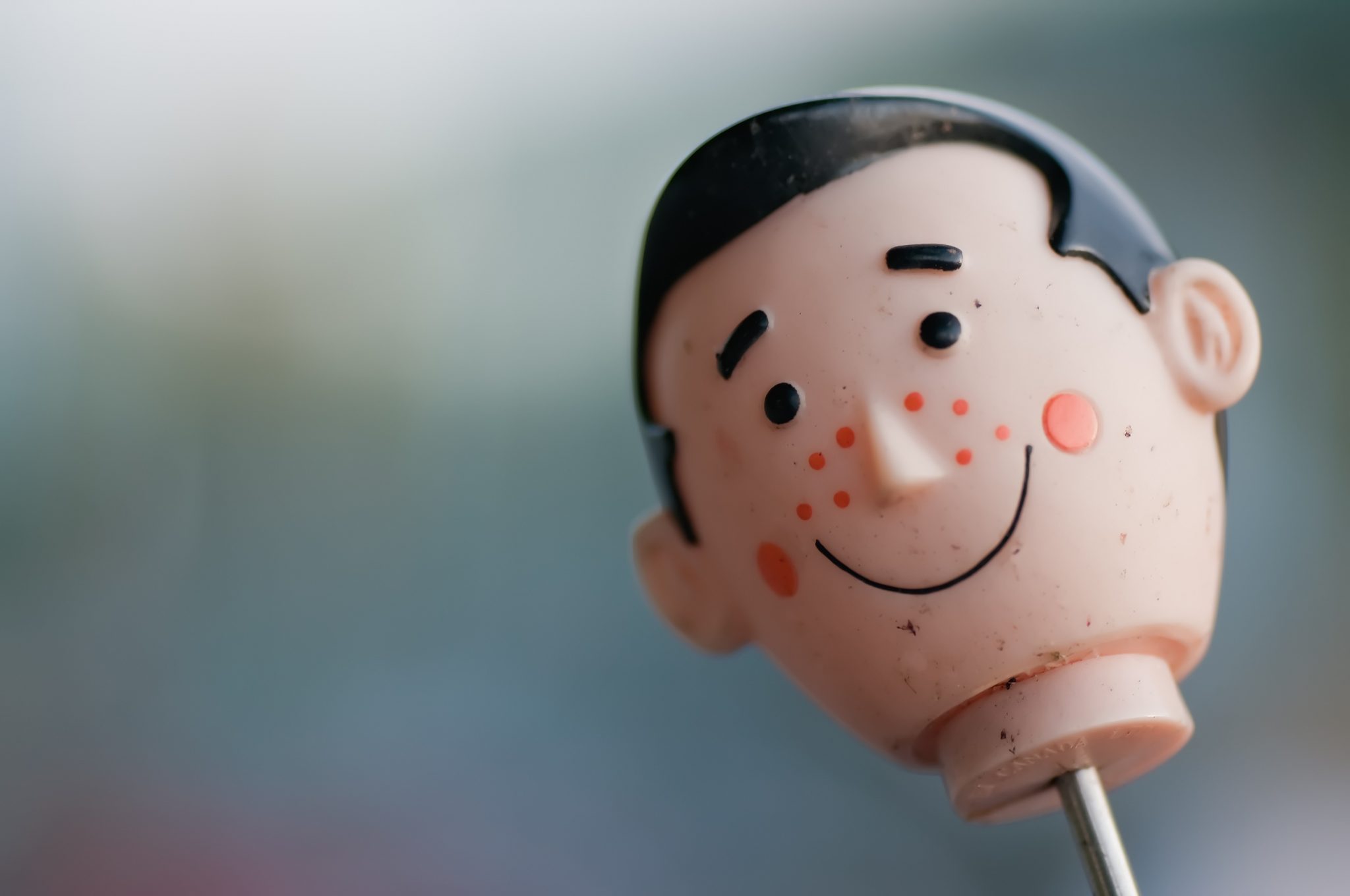
A broken toe is a surprisingly common injury, often caused by everyday accidents like stubbing your toe, dropping something heavy on your foot, or repetitive stress from activities like running. While some toe fractures are mild and heal quickly, others can lead to complications without proper treatment.
If you’ve recently injured your toe and are unsure whether it’s broken or just bruised, this guide will help you recognise the signs, understand the treatment options, and know when to seek professional care.
How Can You Tell If Your Toe is Broken?
Toe injuries are often brushed off – but a fracture can impact your mobility, cause long-term pain, or worsen if left untreated. Common causes include sports injuries, falls, and accidents at home.
You may have a broken toe if you notice:
-
- Sharp or throbbing pain at the injury site
- Swelling that doesn’t go down after a day or two
- Bruising or discolouration
- Difficulty walking or bearing weight on your foot
- A visible bend or deformity in the toe
- A crack or pop at the time of injury
If any of these symptoms sound familiar, it’s a good idea to have your toe professionally assessed—especially if pain or swelling persists beyond a couple of days.
Diagnosing a Broken Toe: The Role of X-Rays
When it comes to confirming a broken toe, X-rays are the gold standard. They can detect different types of fractures, determine how serious the break is, and help your doctor decide the best course of treatment.
At HealthMint Medical Centre, our GPs may recommend an X-ray if:
-
- The toe is visibly deformed
- You’re unable to walk without pain
- Swelling and bruising continue after 48 hours
- There’s a suspected displaced fracture (where bone fragments are out of alignment)
In some cases, additional imaging like a CT scan may be used if more detailed information is needed especially for complex or comminuted fractures.
Identifying Hairline Fractures in Toes
A hairline fracture, also called a stress fracture, is a small, thin crack in the bone. These injuries may not show obvious deformity but can still cause significant discomfort.
Signs of a toe hairline fracture include:
-
- Localised pain that worsens with activity and improves with rest
- Swelling that develops gradually
- Tenderness to touch, even in the absence of bruising
- No visible break or change in toe alignment
Hairline fractures often occur from overuse common in runners or people who wear ill-fitting footwear. While they may seem minor, they still require rest and monitoring to avoid progression.
Effective Broken Toe Treatments
Treatment depends on the type and severity of the fracture. Mild breaks may only require rest, while more serious injuries could need realignment or even surgery.
Treatment options include:
-
- R.I.C.E. (Rest, Ice, Compression, Elevation) for pain and swelling
- Buddy taping, where the broken toe is taped to a healthy one for support
- Stiff-soled or orthopaedic shoes to prevent further strain
- Pain relief with over-the-counter anti-inflammatories
- Surgery for displaced or comminuted fractures, involving pins or screws
Most treatments focus on immobilising the toe to allow healing. Follow-up care is crucial to ensure the bone heals correctly and doesn’t impact your walking long-term.
Recognizing Broken Toe Symptoms
Here’s a quick summary of symptoms to watch out for if you suspect a toe fracture:
-
- Sharp or lingering pain at the site of injury
- Noticeable swelling or inflammation
- Bruising that spreads beyond the toe
- Trouble with walking, standing, or fitting into shoes
- Numbness, tingling, or a cold sensation (possible nerve involvement)
- A twisted or abnormal appearance of the toe
Types of Toe Fractures and Their Implications
Toe fractures can range from minor cracks to complex breaks involving multiple fragments. Understanding the type of fracture helps determine the appropriate treatment and recovery time.
Stress Fractures
These are small, hairline cracks caused by repetitive force or overuse. They often develop gradually and are common in athletes. Early diagnosis is important to prevent worsening.
Simple Fractures
A clean break in one place with the bone still aligned. Typically treated with rest, taping, and supportive footwear. Healing usually takes 4–6 weeks.
Compound Fractures
The bone pierces through the skin, increasing the risk of infection and requiring immediate medical care. Treatment often includes surgery, antibiotics, and longer healing.
Displaced Fractures
The broken bone ends are no longer aligned. These require realignment (reduction), either manually or surgically, to ensure proper healing and avoid long-term deformity.
Comminuted Fractures
The bone is shattered into multiple pieces. These are complex injuries that often require surgical intervention and a longer recovery timeline.
When to Seek Immediate Medical Attention
Not all toe injuries require emergency care, but you should see a doctor as soon as possible if:
-
- Pain or swelling is severe or worsening
- The toe looks deformed or twisted
- You can’t move or bear weight on your foot
- There’s an open wound, bone visible, or signs of infection
Book an Appointment for Toe Injury Assessment
If you suspect a broken toe, don’t wait for the pain to get worse. Our caring team at HealthMint Medical Centre in Cranbourne North and Croydon is here to help with thorough assessments and personalised treatment plans.
Book an appointment today and get back on your feet sooner.
Want more information?
Call (03) 5611 3365 to speak to a friendly patient concierge
or book an appointment here

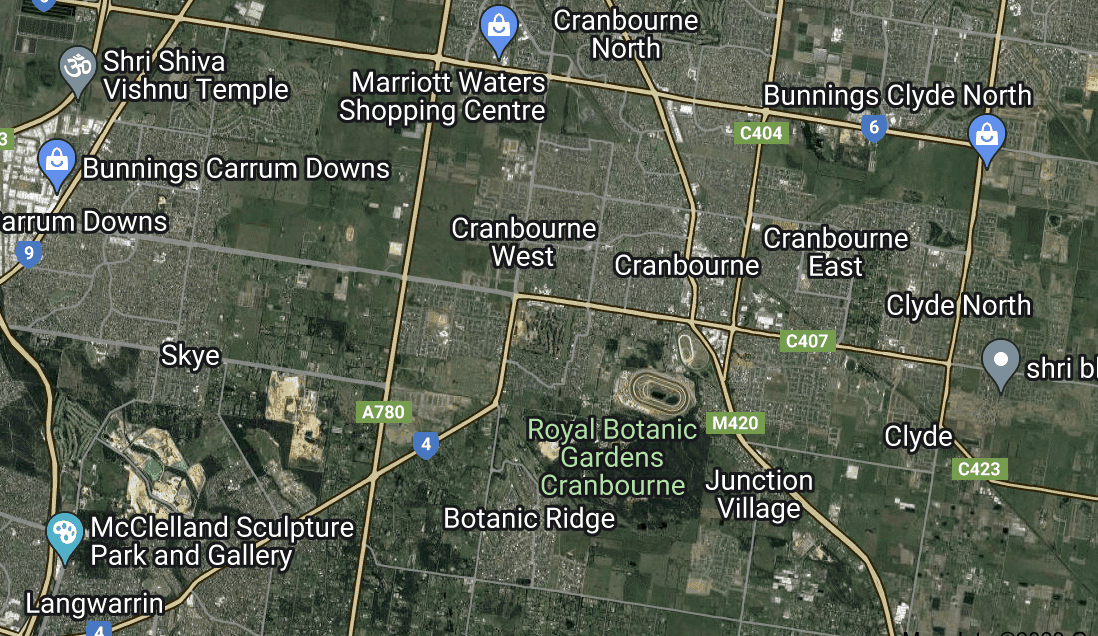
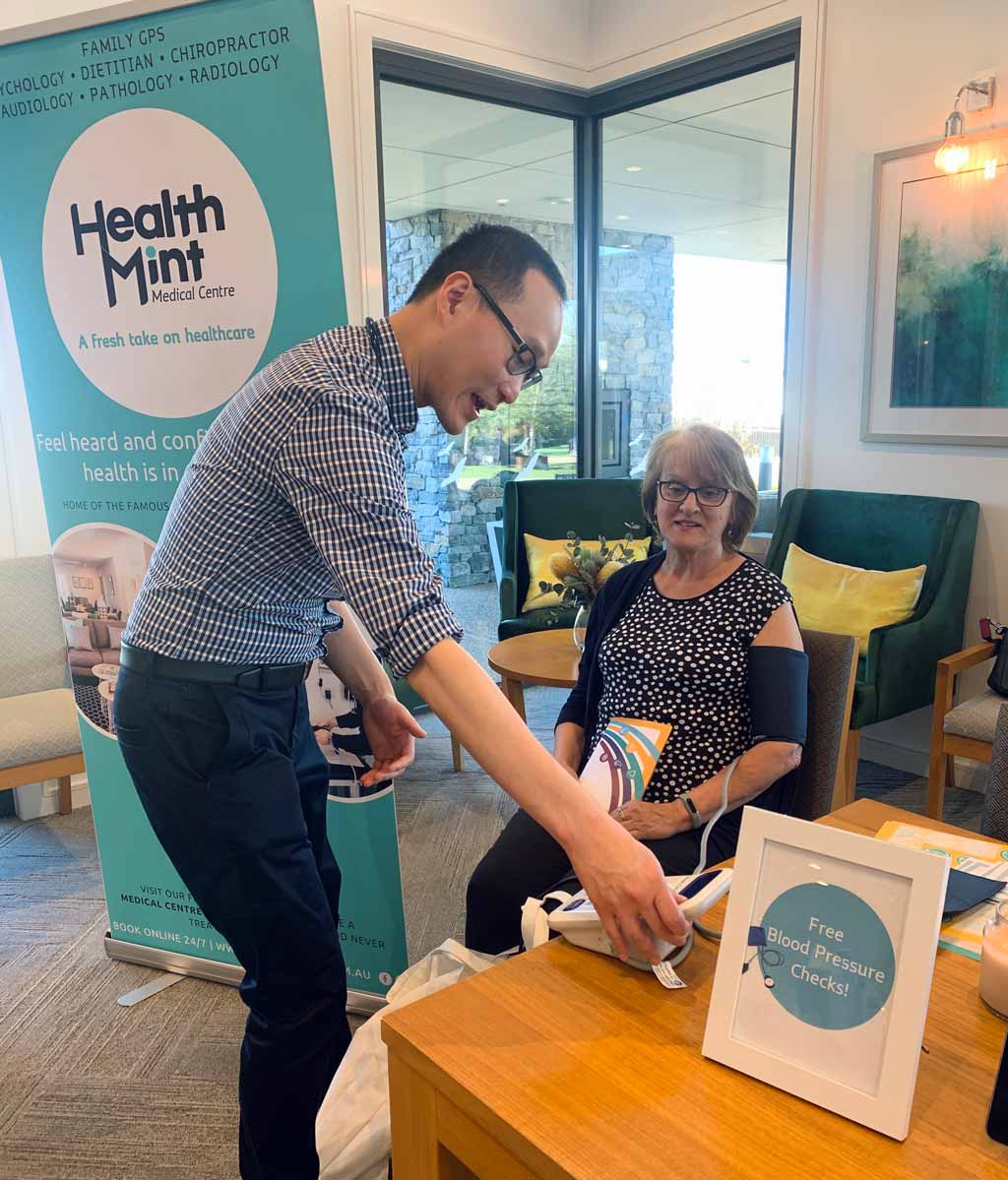
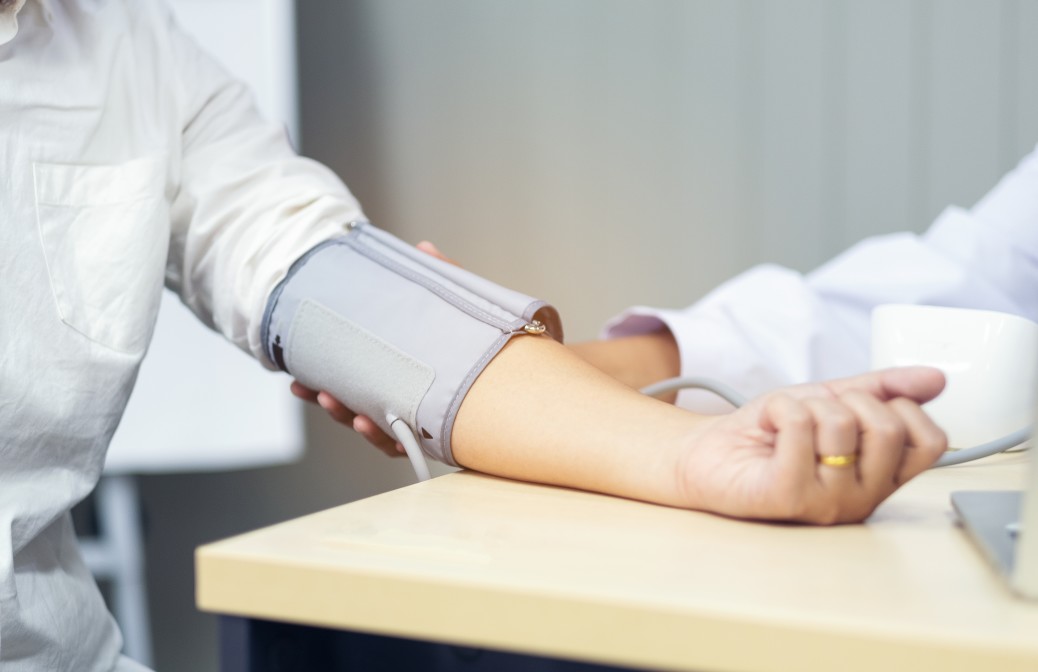
 What are the benefits of managing my BP?
What are the benefits of managing my BP?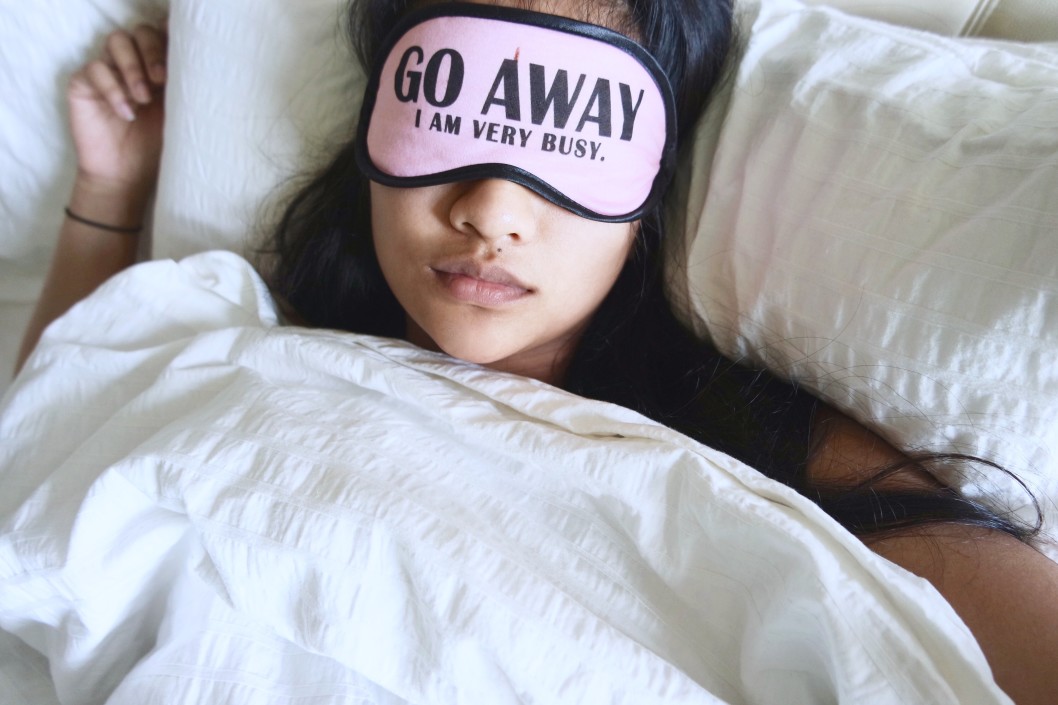
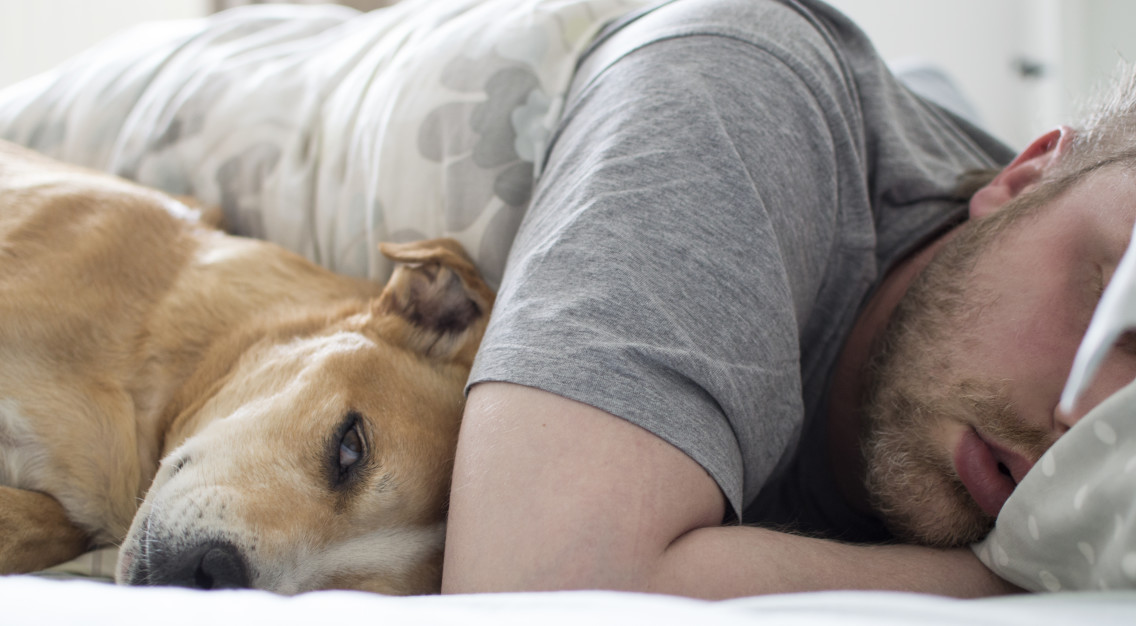 Serious health problems
Serious health problems  Can you reverse the effects of a lack of sleep?
Can you reverse the effects of a lack of sleep? 
 2. Exercise assists in weight loss and helps prevent unhealthy weight gain
2. Exercise assists in weight loss and helps prevent unhealthy weight gain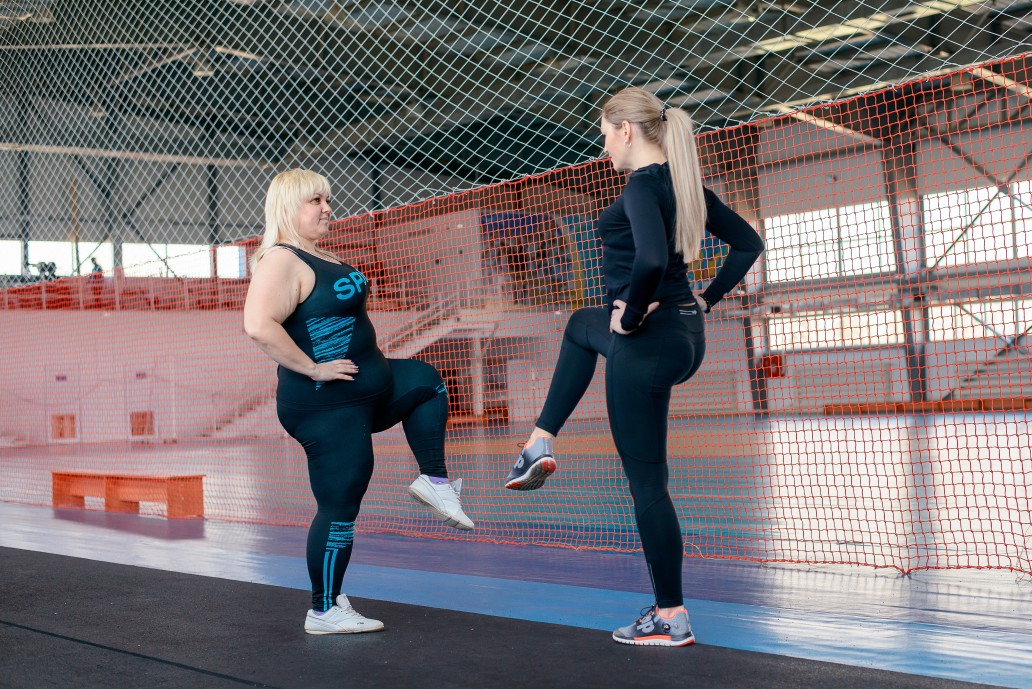 3. Exercise reduces the risk of and helps to manage cardiovascular disease, reduce risk of heart attack, lower blood cholesterol, lower blood pressure
3. Exercise reduces the risk of and helps to manage cardiovascular disease, reduce risk of heart attack, lower blood cholesterol, lower blood pressure 4. Social interaction and exercise go hand-in-hand
4. Social interaction and exercise go hand-in-hand 5. Build strong muscles and bones
5. Build strong muscles and bones
 8. Lower the risk of falls with exercise
8. Lower the risk of falls with exercise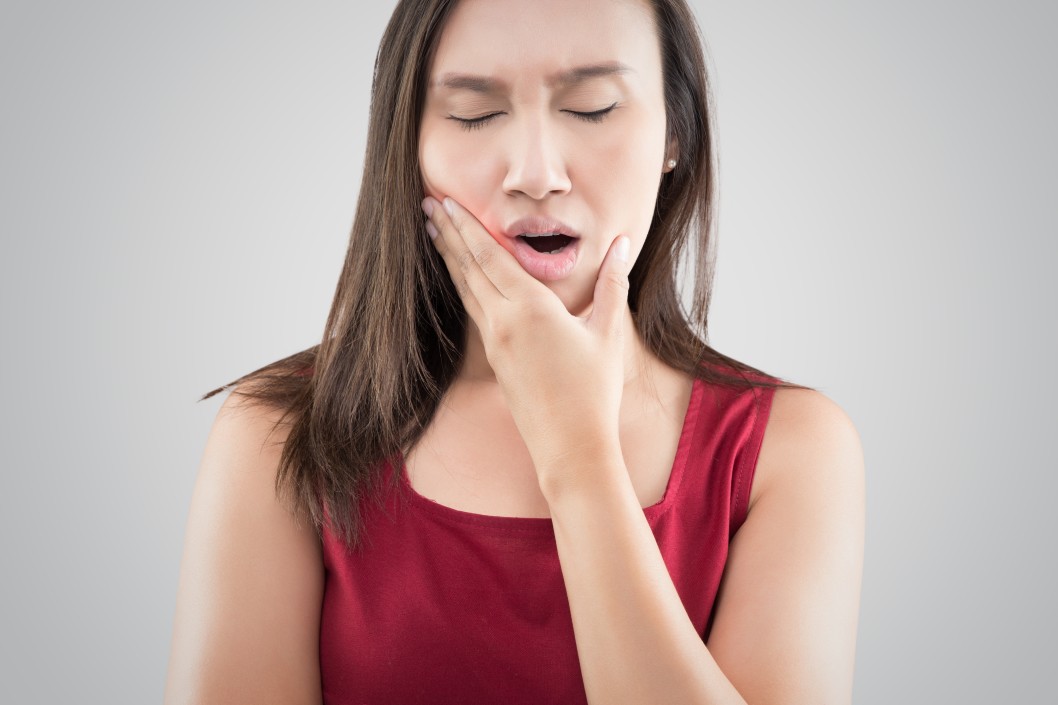
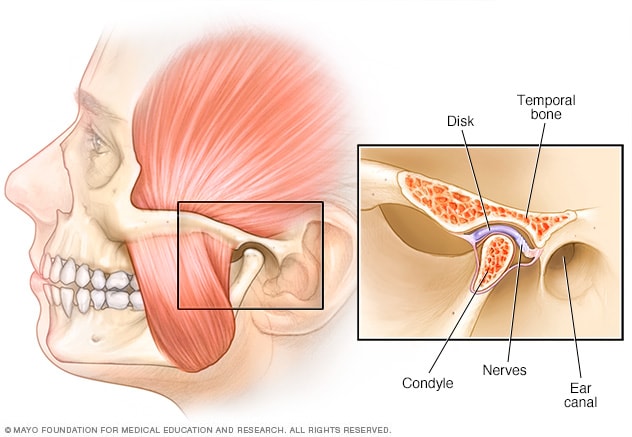
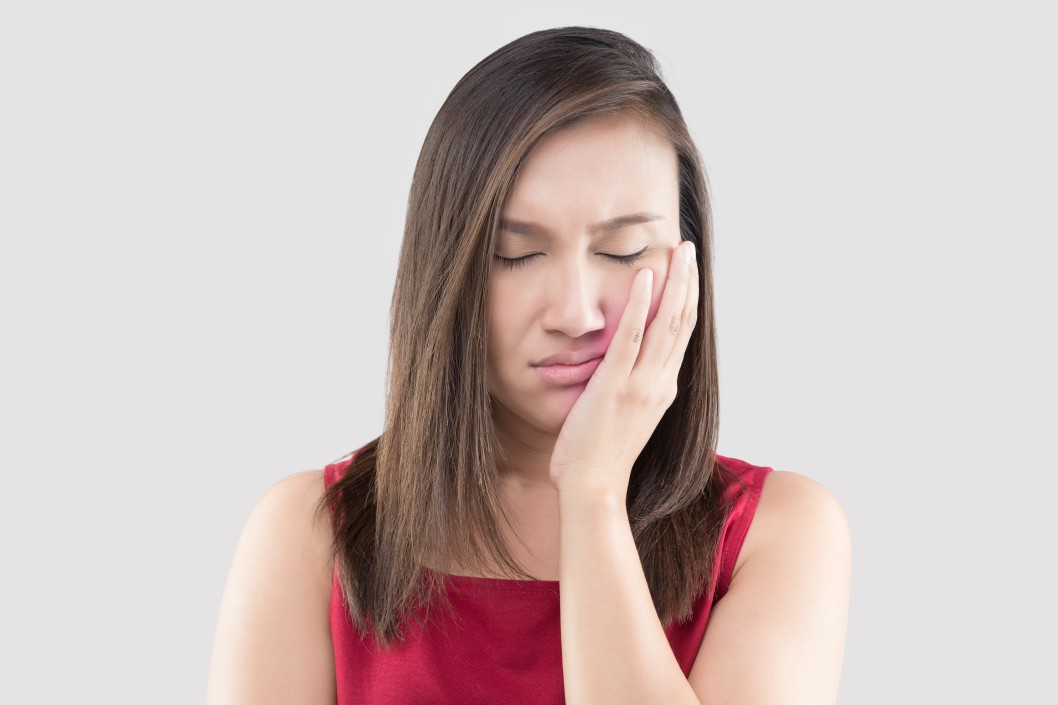 What can cause TMJ pain?
What can cause TMJ pain? If you or someone you know may be suffering from any of the above signs of TMJ, you can
If you or someone you know may be suffering from any of the above signs of TMJ, you can 